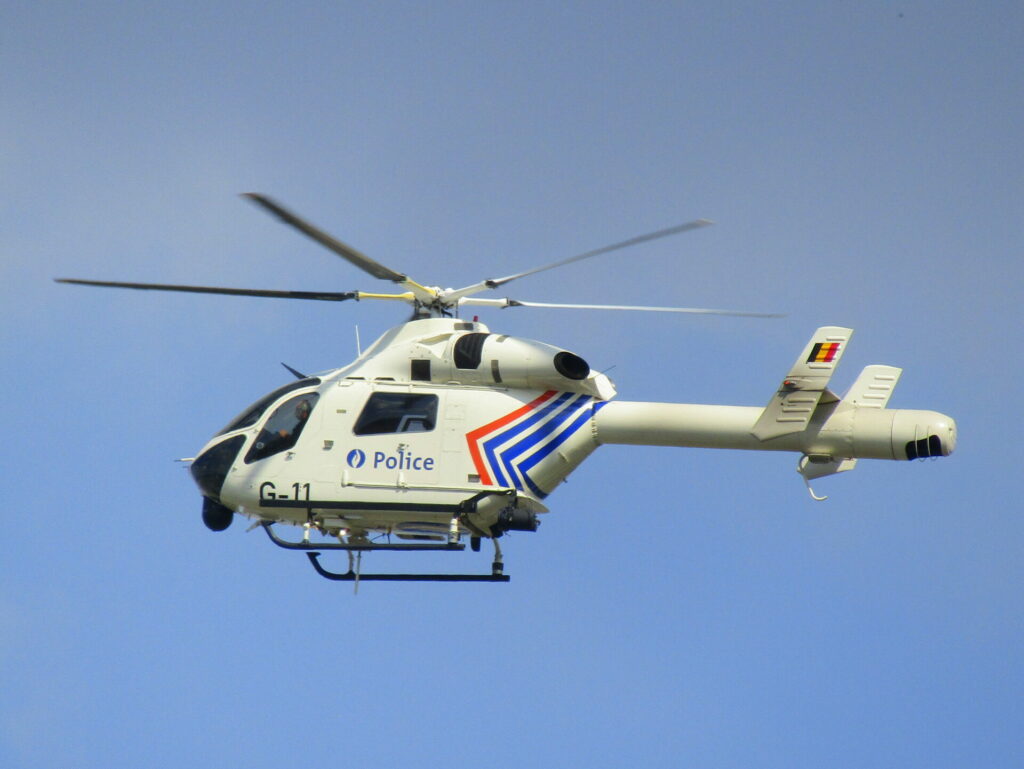It has been revealed that the Belgian Federal Police is using Pegasus, the controversial spyware technology, for certain investigations. The spyware technology is currently under investigation by the European Parliament for alleged breaches of EU law among Member States.
The spyware technology from the Israeli NSO Group has been at the centre of various controversies because of its targeted use for surveillance of political opponents and journalists by authoritarian regimes, yet its use is also increasing among security services in democratic countries.
The Belgian Federal Police avoided directly commenting on the allegations, telling the De Standaard that "it does not communicate about the technical and/or tactical means that are deployed in the context of our investigations and missions."
"We work within a clear legal framework," the Federal Police added. 'Data interception (metadata or wiretapping) is done by the police according to a strict legal framework, in a specific criminal investigation into specific criminal facts, and always after approval by and under the supervision of an investigating judge."
Security circles in Belgium unofficially confirm that Pegasus is used to battle serious crimes, such as drug trafficking, child abuse and terrorism, according to De Standaard. Authorities insist Pegasus is meant to only be used as a last resort, but its use is seemingly becoming increasingly normalised when questions over its use persist.
With a distinct lack of transparency concerning spyware technology, there is also no way of verifying the claims of Belgian security circles. This lack of transparency also poses severe questions about its deployment in democratic societies.
Spying on citizens
The spyware software can be covertly installed with no-clicks on most mobile phones and other devices running on iOS or Android.
In light of the many allegations of the spyware software being increasingly used for political repression and surveillance in Europe, the EU Parliament has set up an enquiry over the misuse of Pegasus and similar spyware technologies among Member States.
Canadian research institute CitizenLab, linked to the University of Toronto, has followed Pegasus activities for years and located targets in 45 countries in 2018. The use of Pegasus could be found in many countries such as the United Kingdom, the Netherlands, France, Saudi Arabia, Libya, Kazakhstan, Morocco and Rwanda.
Related News
- EU Justice Commissioner targeted with spyware attack
- European Parliament starts inquiry into misuse of spyware by Member States
It is increasingly being used to monitor critical journalists and activists, in what can be a significant blow for civil and political rights in Europe. On Tuesday, CitizenLab revealed that 60 Catalan politicians and activists in Spain were targeted, with researchers suspecting the Spanish government as being behind the plot.
In Hungary, the technology has been used against journalists critical of Orban's government. The Polish government has used spyware to listen in on opposition figures and magistrates.
High profile figures who have been targeted include the Belgian politicians acting in their EU capacities, such as EU Council President Charles Michel and EU Justice Commissioner, Didier Reynders was targeted by a similar software made by the NSO group.
Privacy advocates criticise the practice arguing that when it comes to security issues, surveillance should be targeted and not indiscriminate to ensure the right to privacy of all citizens, a key cornerstone of any democratic society. Yet police forces in many European countries including Belgium have failed to limit surveillance to targeted measures.
Recently, the European Court of Justice stated in a judgment that "EU law precludes ...the general and indiscriminate retention of traffic and location data relating to electronic communications, to combat serious crime."
Last summer, 46 civil society organisations and 28 independent experts worldwide signed a joint letter calling on states to implement an immediate moratorium on the sale, transfer and use of surveillance technology.

